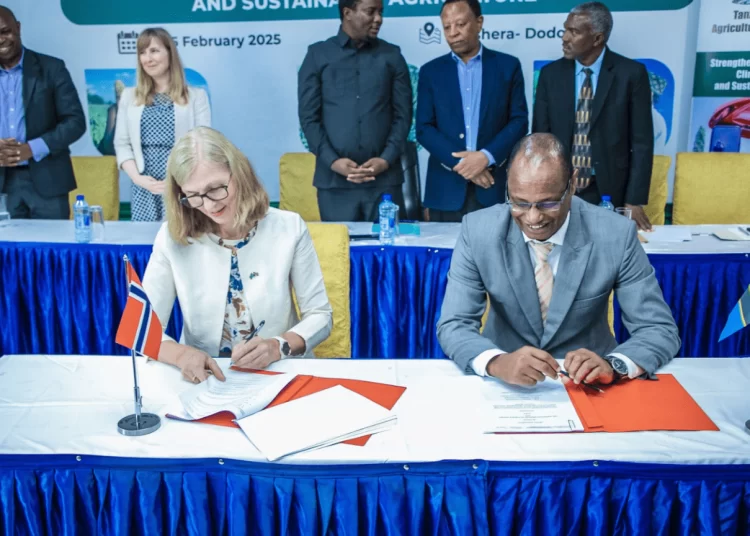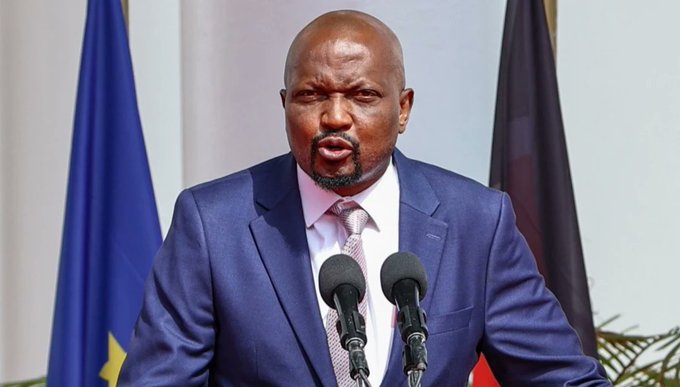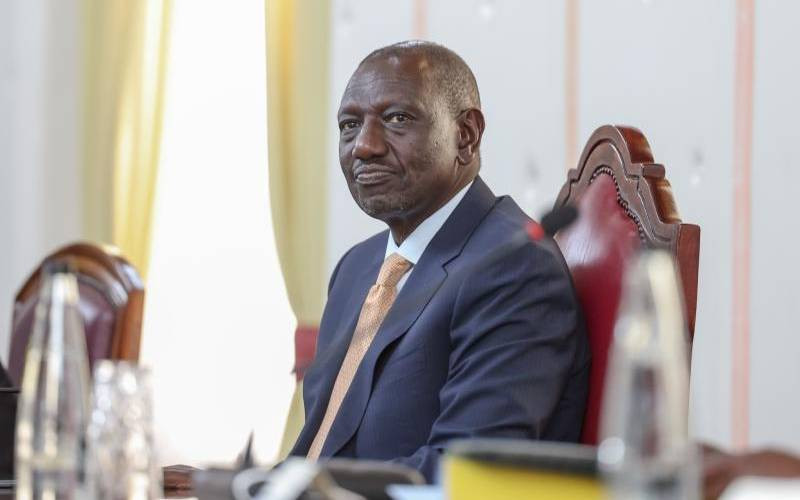Tanzania has secured a US$1.3 million funding agreement with Norway to support a three-year initiative aimed at advancing the nation’s agricultural sector.
This program is designed to eliminate regulatory obstacles, enhance access to international markets, attract private sector investments, and increase overall agricultural productivity.
Strengthening Food Security and Economic Prosperity
Deputy Minister of Agriculture David Silinde emphasized that the initiative will champion environmentally friendly farming practices, enhance crop yields, and reinforce food security.
Additionally, the program aims to uplift smallholder farmers by improving their economic stability and resilience.
Agriculture remains a cornerstone of Tanzania’s economy, contributing 23% to the GDP and providing employment to approximately 65% of the workforce.
The government is actively engaging with global partners to accelerate agricultural expansion and maximize output.

Agriculture’s Role in Tanzania’s Economy
Roughly 80% of Tanzania’s exports originate from agriculture, with major cash crops including coffee, cotton, sisal, tea, cashew nuts, tobacco, pyrethrum, and cloves.
The central bank reported that these commodities generated over US$752.3 million in the 2022/2023 financial year.
Meanwhile, staple crops such as maize, rice, sorghum, wheat, beans, cassava, potatoes, and sugarcane primarily cater to local consumption, bolstering national food security.
Tanzania’s Achievements in Food Security
By the end of 2024, Tanzania gained recognition for its advancements in food security. President Samia Suluhu Hassan announced that the nation had reached 128% food security, enabling it to export surplus produce to neighboring countries.
During a high-profile session at the World Food Prize Norman E. Borlaug International Dialogue in Iowa on October 31, she highlighted the country’s focus on enhancing food availability, affordability, and minimizing post-harvest losses.
African Development Bank Group President Dr. Akinwumi Adesina commended Tanzania’s progress in agriculture, recalling commitments made at the 2023 Dakar 2 Food Summit.
This summit, co-hosted by Senegal and the African Union, saw 34 African leaders pledge to advance agricultural development, with over US$72 billion mobilized to support the cause.
Investing in a Sustainable Agricultural Future
Following the summit, Tanzania entered agreements to further boost agricultural productivity and establish supportive frameworks for farmers.
President Suluhu Hassan stressed the importance of investing in agriculture to ensure long-term economic growth and stability.
A notable success is Tanzania’s expansion of cashew nut processing, transitioning from exporting raw nuts to developing local processing capabilities.
Additionally, the government has made significant strides in rural electrification, connecting nearly all of the country’s 12,300 villages to electricity, thereby creating better conditions for agribusiness growth.
Tanzania’s commitment to agricultural innovation, reinforced by global collaborations and strategic investments, positions the nation as a leader in food security and agribusiness development in Africa.










































